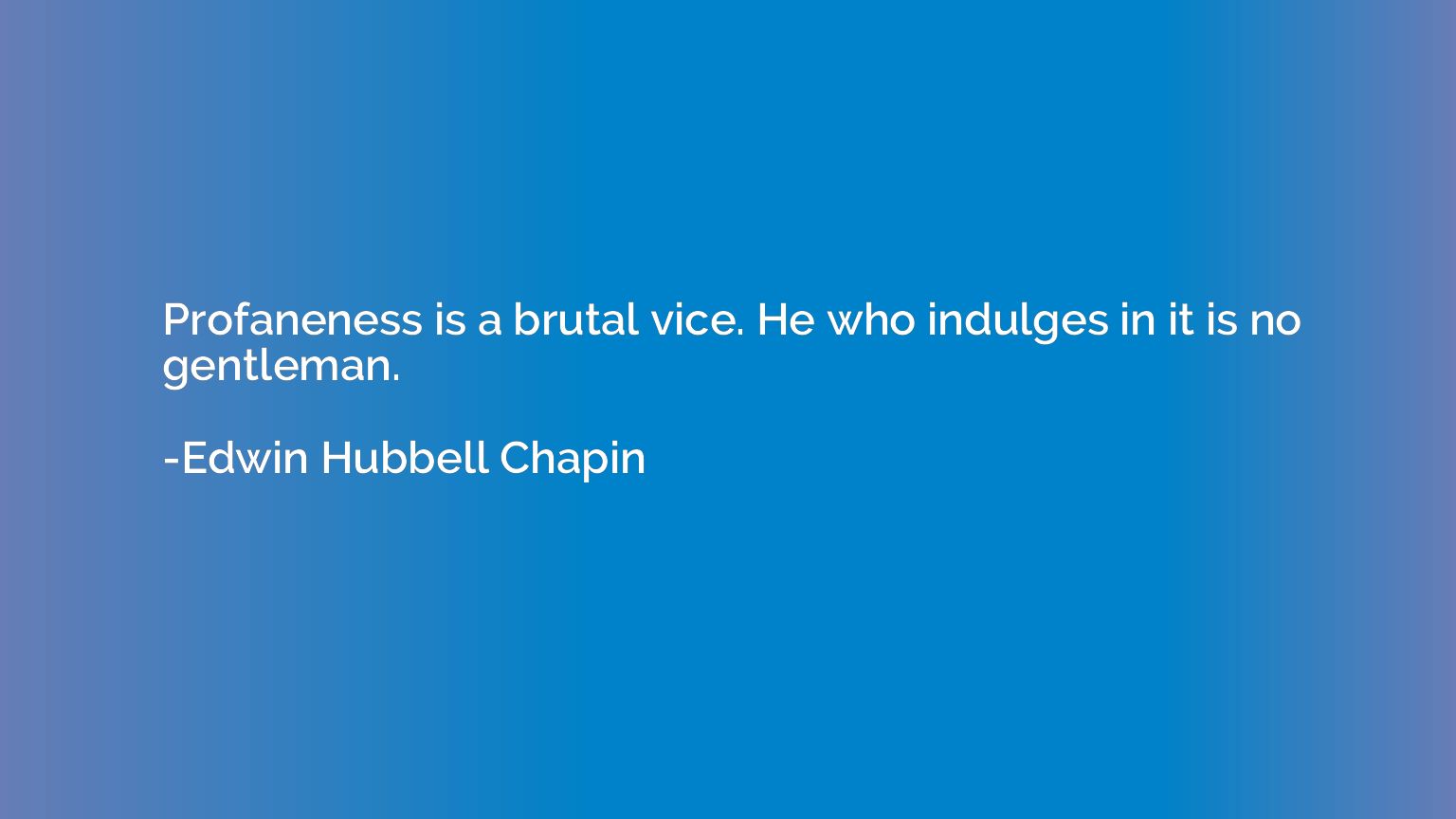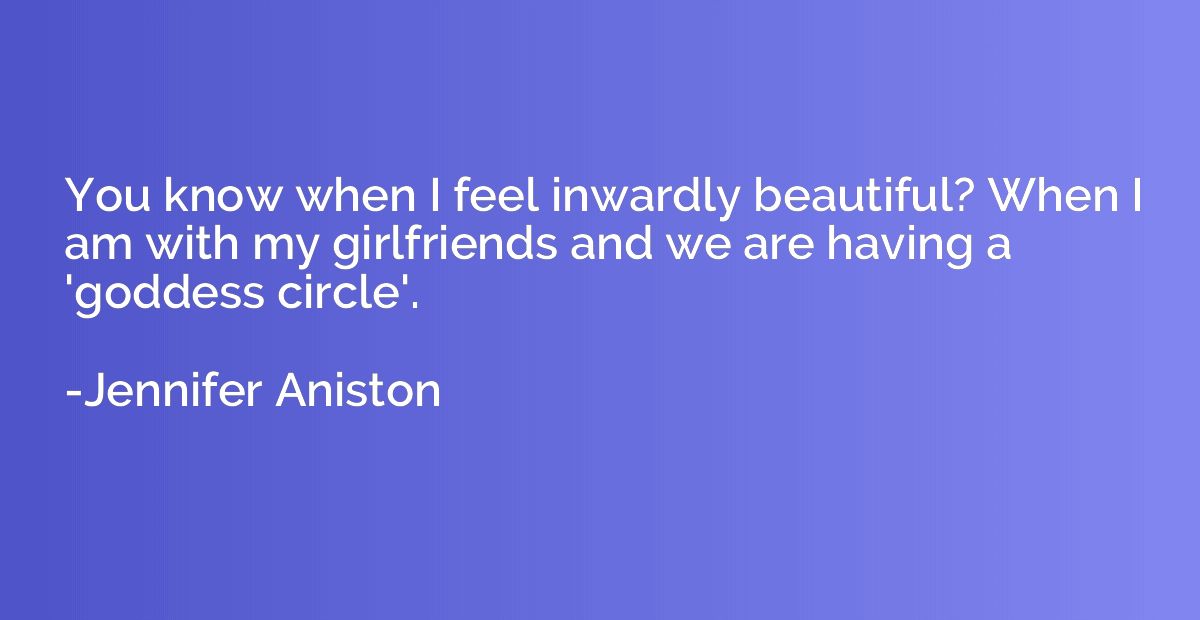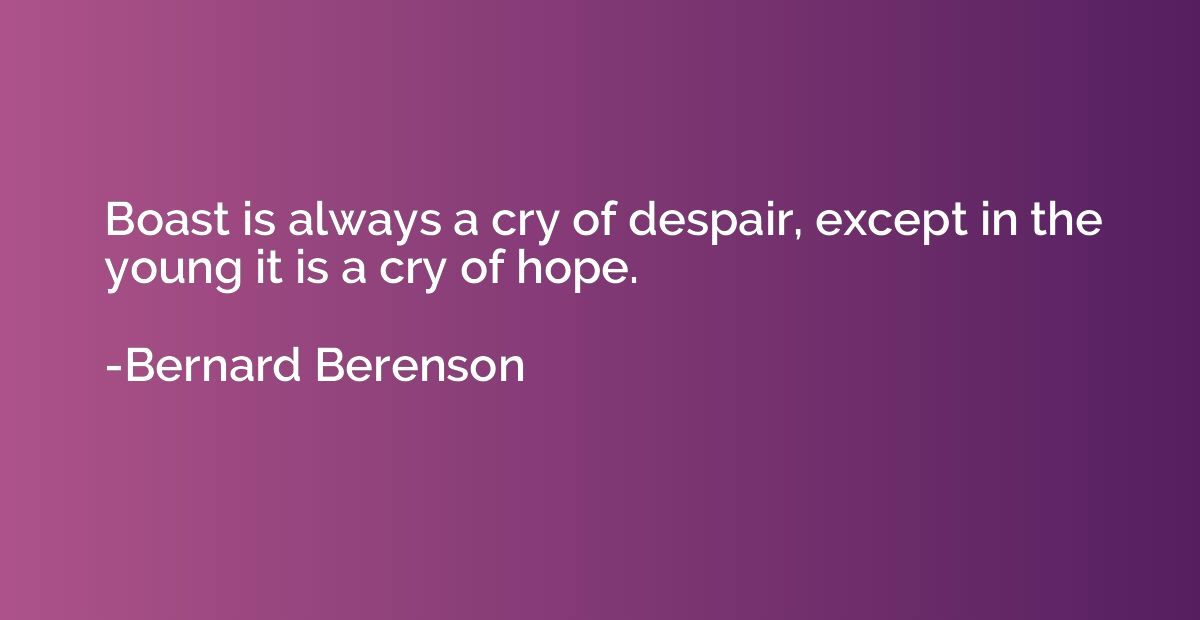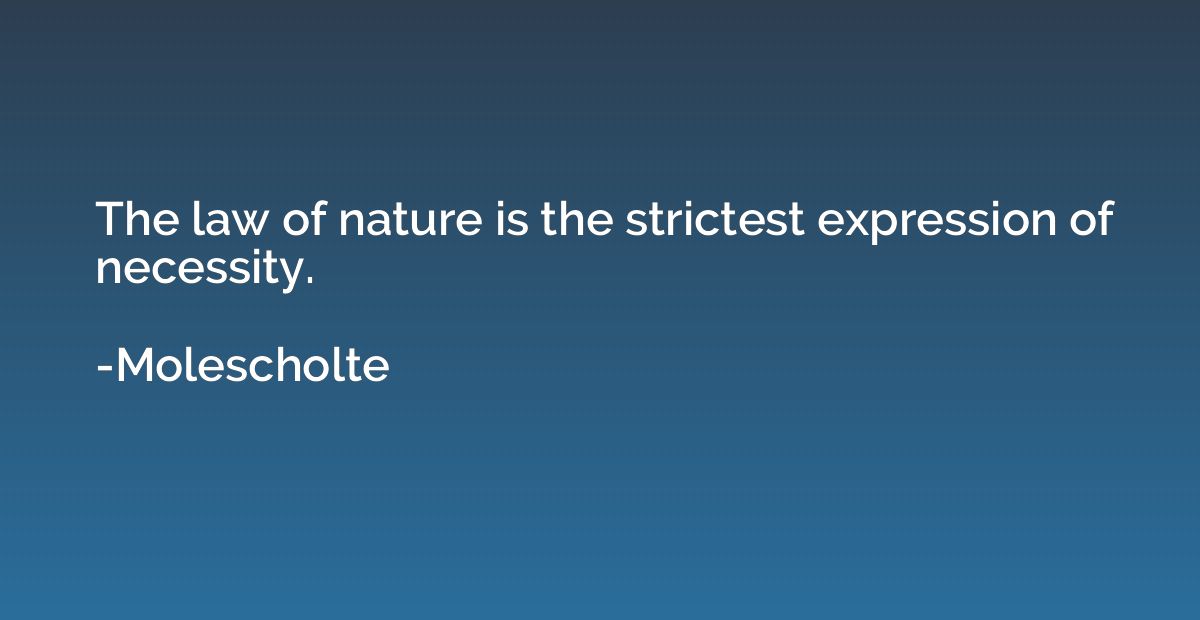Quote by Zolt, Bicinia Hungarica, 1937
It is not worth singing for ourselves; it is nicer if two people sing together. Then more people: hundreds, thousands, until the huge Harmony can be heard, in which we can all be just one, indeed. Then will we be able to say:
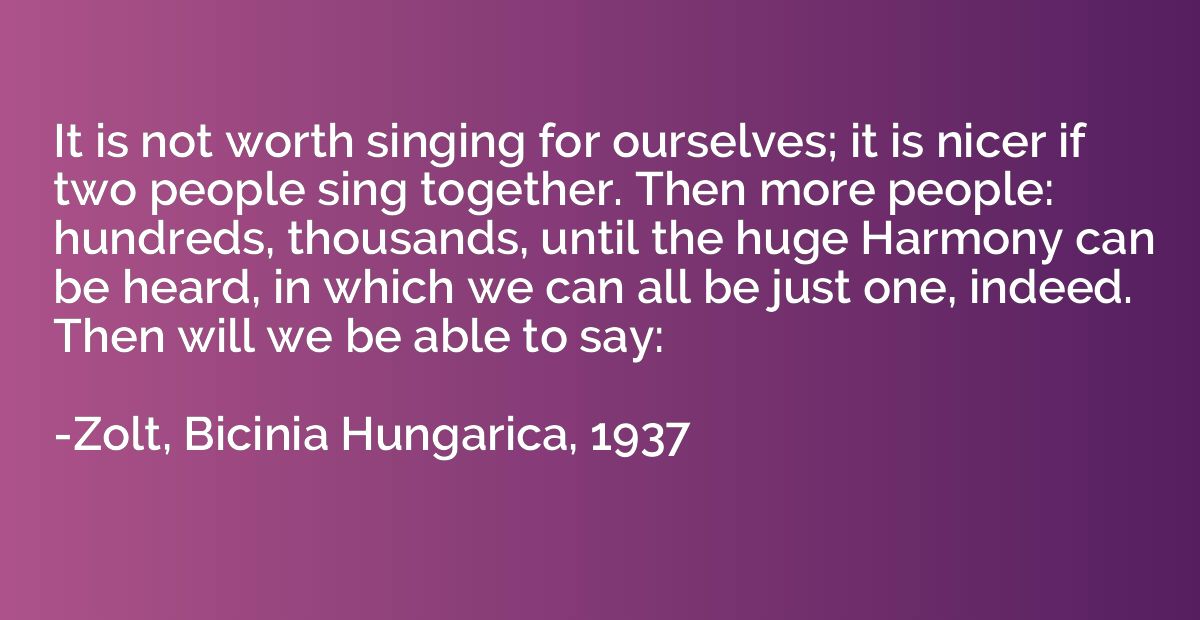
Summary
This quote reflects the idea that there is greater joy and fulfillment in coming together with others rather than pursuing personal achievements alone. It suggests that unity and collaboration, demonstrated through activities like singing together, can lead to a stronger sense of harmony and oneness among individuals. By extending this unity to a larger scale, with hundreds or thousands of people participating, the quote implies that a collective sense of unity and harmony can be achieved, creating a more inclusive and interconnected society.



